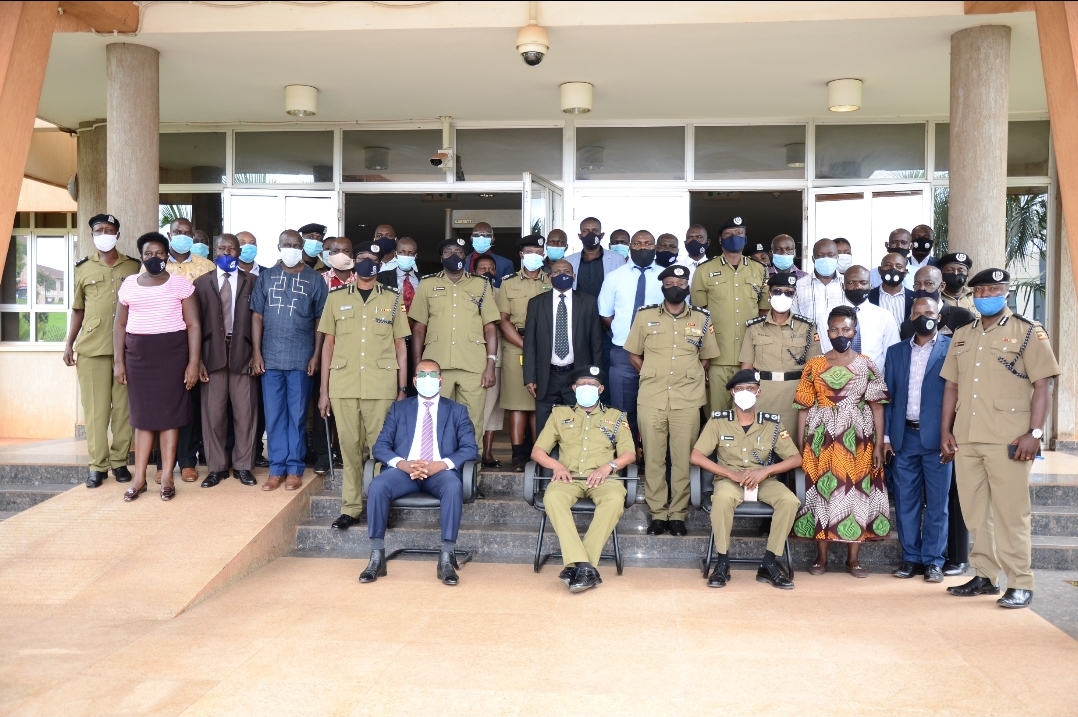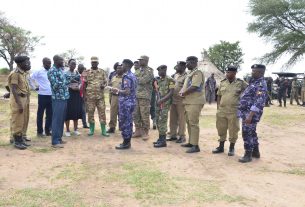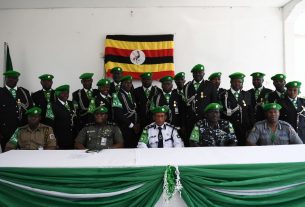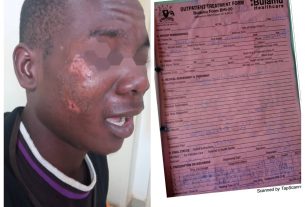This workshop could not have come at any opportune moment than this.Although it is difficult to measure precisely the nature and extent of victim actions against Police or its Administrators, there are substantial indications that civil litigation against the Force and the subsequent effect to its personnel have increased significantly.
The institutional consequences of civil suits include financial costs and bad publicity, even if the suits are successfully defended. Civil litigation can also have consequences for the individual officers involved, including financial costs, psychological stress, and a reluctance to perform policing tasks that carry a high risk for civil liability.
Some of the incidents that commonly give rise to civil litigation against police are; misuse of firearms, unlawful arrests, search, and seizure, poor responses to complaints, illegal detentions etc.
As Uganda Police Force management, we have instituted a number of policies and procedures to manage and minimize the risk of civil litigation. Some of these include, but not be limited to; appropriate personnel selection procedures, training, sensitization and supervision.
The Force management has also put in place mechanisms that discipline, demote, terminate the employment of and, in some cases, file criminal charges against individual Police officers whose conduct does not rise to the performance level expected. But more needs to be done especially at the operational level.
Therefore, through this workshop, I implore all Unit commanders to sensitize their subordinate officers to apply the well-established Police policies, procedures, rules, tactics, behaviors, and practices that are lawful, endorsed by, and acceptable within the professional, Constitutional and legal limits.
The professional practices and standards are derived from, and given meaning and clarity by a variety of legal sources that include; The Constitution of Uganda, The Police Act, The Criminal Procedure Code Act, The Penal Code Act, The Evidence Act, and the Police Standing Orders, among others.
At the institutional level, we have also embarked on in-service refresher training for our Police officers especially for what we can loosely term to be “perishable skills”— skills that can diminish without training— and deemed absolutely necessary and, when neglected, can lead to lawsuits.
I’m of the belief, that, our Police officers will only perform well when properly trained, supervised, and, guided to apply the right tactics and judgment in the performance of their duties without negative emotions.
To the Directorate of Human Rights & Legal Services, I thank you for organizing this workshop, but I challenge you to come up with permanent solutions that end rights violations within the Institution. As you conduct your sensitization programmes, emphasis should be put on; Laws of Arrest, Search and Seizure, use of force, Constitutionalism, situation assessment, Planning, and Tactical execution, Firearm safety, In-Custody Deaths and Human Restraint Techniques, among others.
As I conclude, I would like to thank the Ministry of Justice & Constitutional Affairs for honoring the invitation to facilitate this workshop.
To the Participants, we expect your maximum attention and participation. Thereafter, we hope to see a positive change and reduction of suits against the Force in your respective areas of operations.
With these remarks, I declare the workshop open.
J.M. Okoth- Ochola, (Esq.)
INSPECTOR GENERAL OF POLICE





